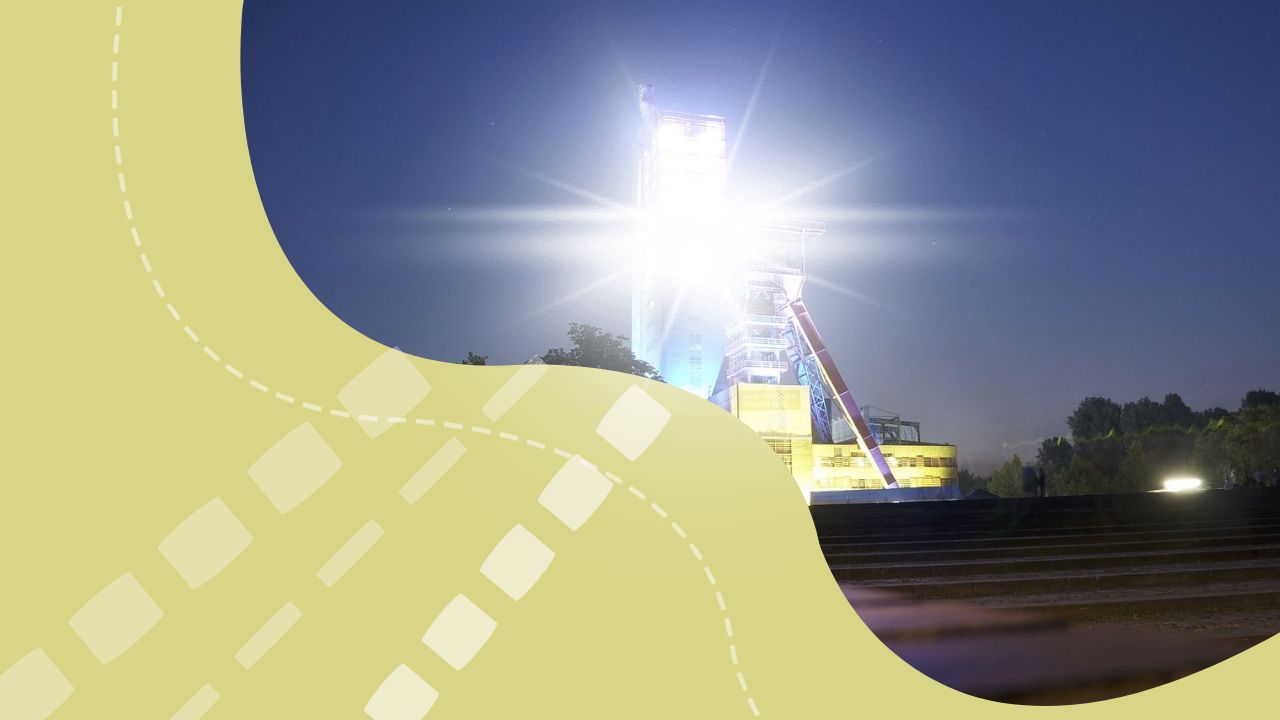Rio Tinto is under fire for allegedly misrepresenting the environmental impacts of its Jadar project in Serbia, according to the Renewables and Environmental Regulatory Institute (RERI). The company’s environmental impact assessment request reportedly only covers the mining portion of the project, ignoring other critical elements like ore processing and waste disposal. RERI argues that this selective submission artificially reduces the perceived environmental risks of the entire project, which includes a lithium and boron ore processing plant and large-scale waste management.
RERI claims that both Rio Tinto and Serbia’s Ministry of Environmental Protection are contradicting their own commitments to maintain high European environmental standards. By splitting the project into parts, a practice known as “salami slicing,” Rio Tinto may be attempting to secure faster permits while avoiding comprehensive environmental scrutiny.
The current request leaves out significant details, such as the environmental impact of ore processing, waste generation, and water usage from the Drina River. RERI also highlighted the lack of information on how harmful by-products like lithium carbonate sludge would be managed. Mirko Popović, Programme Director at RERI, emphasized that by breaking up the project, Rio Tinto could reduce costs and bypass stricter environmental protection measures.
The Environmental Protection Institute of Serbia had previously mandated that all phases of the Jadar project must be assessed together, yet this requirement appears to have been overlooked. This fragmented approach could allow Rio Tinto to proceed with mining activities without fully addressing the environmental impacts of the entire operation.
The issue has sparked widespread concern about the protection of both human rights and the environment in Serbia, particularly given the reported irregularities in the assessment process. Opposition to the project has intensified, with 86 members of the Serbian National Assembly submitting a bill to ban lithium and boron mining, currently under debate.

